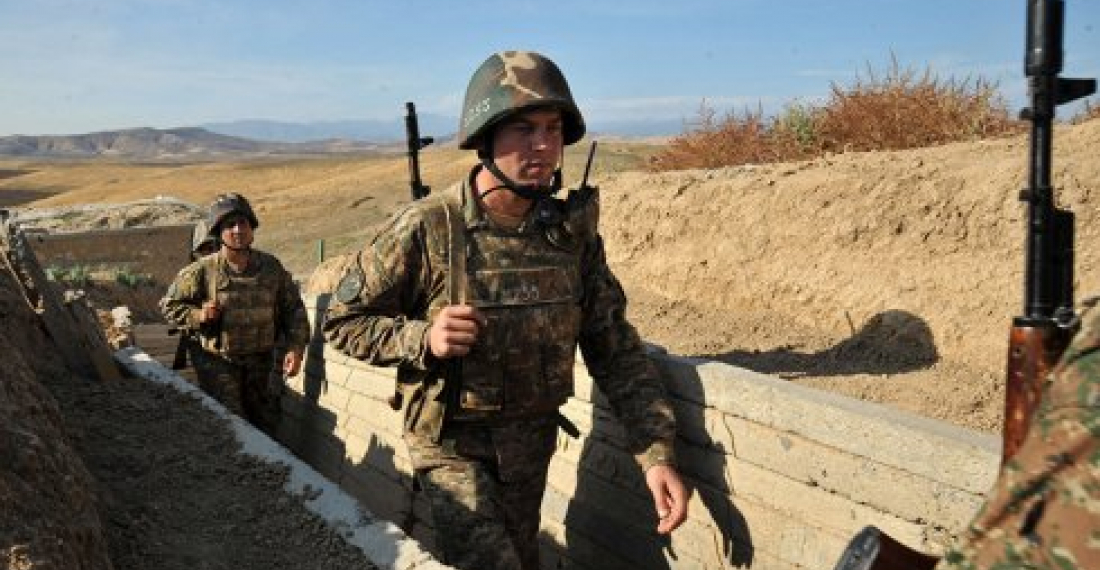Over the last forty-eight hours there have been reports of serious cease fire violations in the Nagorno-Karabakh conflict zone, and an incident on the international border between Armenia and Azerbaijan.
On Friday, Azerbaijan accused Armenian forces of using heavy calibre machine guns, during twenty six cease fire violations.
Shortly after, Armenian media, citing military sources, reported that on Wednesday (13 March), Azerbaijan had fired nine 60 mm mortar bombs in the direction of Aghdam on March 13 from 10:35-11:15.
The line of contact had been reasonably quiet over the last six months following meetings between the Azerbaijani president, Ilham Aliyev and the Armenian prime minister Nikol Pashinyan.
On Saturday morning (16 March), another incident was reported, this time on the international border between Armenia and Azerbaijan. According to the spokesperson of the Armenian Ministry of defence, an Azerbaijani citizen was shot and seriously wounded when he tried to cross the border in the north east of the country. The source said that papers were found on the intruder, identifying him as Arif Ibragimov, a 33 year old resident of Azerbaijan's Khazakh region.
Commonspace.eu reports incidents on the line of contact based on secondary sources and is not able to verify the accuracy of the reports.
source: commonspace.eu with agencies







